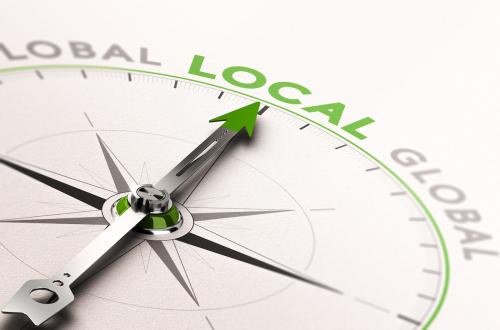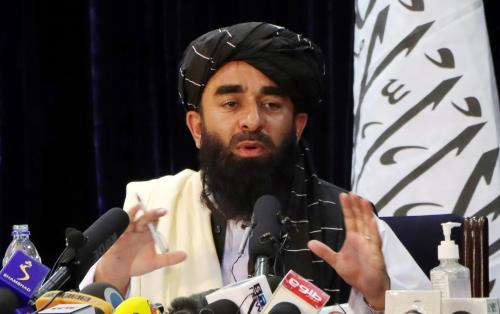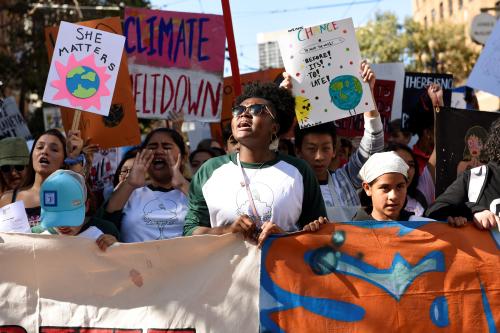Nigeria Surpasses South Africa as Africa’s Largest Economy
On April 6, after “rebasing” its gross domestic product (GDP) data, Nigeria surpassed South Africa as the continent’s leading economy. By including new economic data and industries that were previously excluded from its GDP calculation, Nigeria’s National Bureau of Statistics cited its revised estimate of economic output at 80.3 trillion naira (approximately $509.9 billion).
Of course, the revised data “changes nothing” about Nigeria’s actual economic output; GDP per capita in Nigeria remains about three times smaller than in South Africa (i.e., the average Nigerian has less wealth than the average South African). Still, The Economist explained that this 89 percent increase in GDP indicates that the economy is “far more than just an oil enclave,” and that manufacturing is much larger than previously thought. The World Bank has said that it supports Nigeria’s overhaul of its GDP data, although it also noted that “the accuracy of the data can be improved further.”
Remembering the Rwandan Genocide and Questioning EU-Africa Relations
This week marked the 20th anniversary of the Rwandan genocide, which killed more than 800,000 Rwandans in a period of approximately 100 days. During his remarks at commemoration events, Rwandan President Paul Kagame implied that the French government played a direct role in the preparation and execution of the genocide. The French Foreign Ministry had already canceled plans to attend events in Kigali in response to earlier allegations by Kagame.
In related news, The New York Times noted that this year also marks the 130th anniversary of the Berlin Conference that formalized the external fracturing of African nations by colonial powers. Some current countries’ borders in Africa, which split and combine different ethnic groups, are a largely result of that conference, and have long been blamed for much of the violence experienced there. In light of this historical context, the article questioned what role Europe has to play in Africa’s future—particularly after South Africa and Zimbabwe did not attend the EU-Africa Summit last week.
The United Nations Votes to Deploy Troops to the Central African Republic
On Thursday, the United Nations Security Council voted unanimously to send 12,000 peacekeeping troops to the Central African Republic (CAR) to protect the country’s civilians and facilitate humanitarian access. U.N. Secretary-General Ban Ki-moon visited the CAR on April 5 to call attention to the country’s crisis, as did U.S. Ambassador to the United Nations Samantha Power, who also spoke on how the U.N.’s response to the CAR crisis is “night and day from that to Rwanda.” The 12,000 U.N. troops will join European and African troops and police already stationed in the country by September.
AGI Will Host a Capitol Hill Briefing on China’s Role in Africa
On April 16, the Africa Growth Initiative will host a lunch briefing on Capitol Hill exploring China’s investment experience in Africa. The event will take place at 12:30 p.m. in the Capitol Visitor’s Center. Leading past and present Brookings Institution experts will discuss China’s political and security challenges on the continent, the nature of its foreign direct investment, what Chinese activity has meant for African businesses, and how the United States can maximize its investment opportunities in Africa. To attend, please RSVP to Jen Potvin at [email protected] by April 14.



Commentary
Africa in the News: Nigeria Becomes Africa’s Largest Economy, Rwandan Genocide is Remembered, and UN Votes to Deploy Troops to the CAR
April 11, 2014